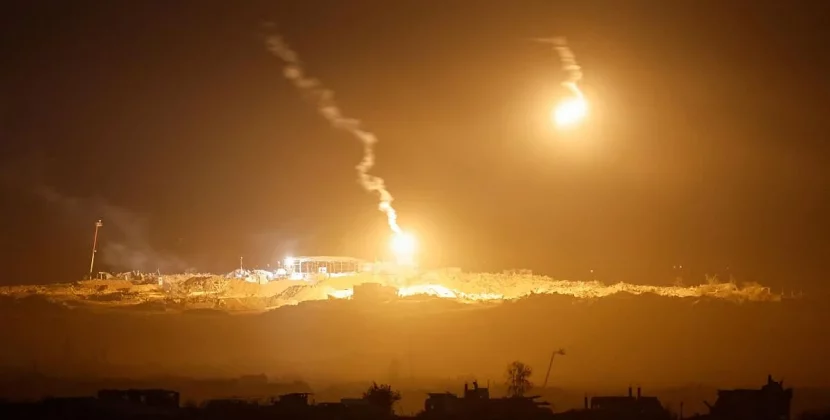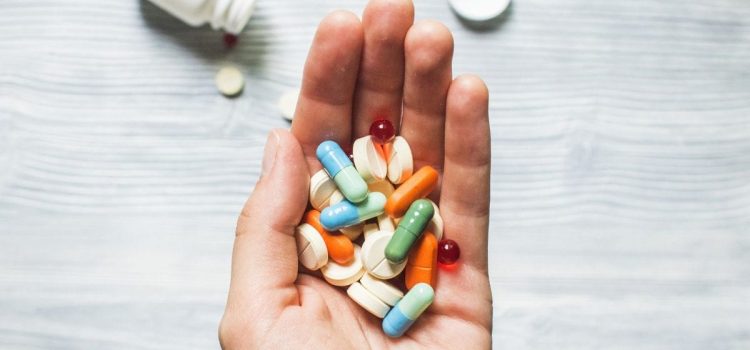
Last Updated:
Industry experts say the actual implementation of the 200% pharmaceutical duties may take effect only by mid-to-late 2026, giving India time to negotiate or seek phased rollouts
ccording to the data by IQVIA, in 2022, savings from Indian generics amounted to a staggering $219 billion. (Shutterstock)
The Indian pharmaceutical industry has reacted sharply to US President Donald Trump’s proposal to impose a 200 per cent tariff on drug imports from India “very soon”, calling it “absurd and self-defeating”.
During a cabinet meeting on Tuesday, Trump said: “They’re going to be tariffs at a very high rate, like 200%. We give people about a year, year-and-a-half. We’ll give them a certain period of time to get their act together.”
While the August 1 deadline is firm for formal notification of tariffs, industry experts point out that the actual implementation of the 200 per cent pharmaceutical duties may take effect only by mid-to-late 2026, giving India time to negotiate or seek phased rollouts.
Industry officials told News18 that while they are actively monitoring the situation, Trump’s threats are no longer being taken very seriously.
“He is inconsistent and unpredictable. We don’t know what he will announce tomorrow,” said Ravi Udaya Bhaskar, former Director-General of the commerce ministry’s Pharmaceuticals Export Promotion Council of India (Pharmexcil).
“This would hurt American interests far more than Indian pharmaceutical manufacturers. We surrendered to Trump from the day he assumed office. Not even once did we leverage our strength as a global hub for cost-effective generic medicines, despite the US’s dependence on us,” said Bhaskar, who is now director general, All India Drugs Control Officers’ Training Academy (AIDCOC).
Data shows Indian generics saved $1.3 trillion between 2013 to 2022 for the US economy, making it very clear who benefitted more. According to the data by IQVIA, in 2022, savings from Indian generics amounted to a staggering $219 billion. During the same year, as per the data from the Directorate General of Commercial Intelligence and Statistics (DGCI), India’s exports to the US stood at around $7.1 billion
Industry stakeholders also criticised Trump for what they described as a pattern of “weaponising tariffs”—noting that he has also threatened BRICS countries with an additional 10 per cent tariff, targeting India, China, Brazil, Russia, and South Africa.
Concerned, But Not Panicking: Industry officials
Dara Patel, executive director of the Indian Drug Manufacturers’ Association (IDMA), a lobby of domestic drug makers, urged restraint but acknowledged the potential hit.
“It’s not causing grave anxiety. We were aware of potential duties, but not of something this harsh. A 200 per cent tariff is not absorbable—we will pass it back to their consumer only,” Patel said. “We have got time—a year or so—and we will negotiate, explore other markets, and strategise. No threat just yet.”
Dinesh Dua, former chairman of Pharmexcil, warned of deeper structural impacts on the Indian pharma sector, which exported $9.8 billion worth of products to the US in FY25—40 per cent of its total exports.
He flagged three major concerns—reduced competitiveness, impact on the US consumers and pressure on small exporters. “A 200 per cent tariff will price Indian generics out of the US market. But Indian generics help maintain affordability for 90 per cent of prescriptions in the US. There’s also the looming possibility that larger Indian pharma companies will have to consider manufacturing inside the US—a costly and time-intensive move,” Dua added.
Too Early to React: Experts
Sujay Shetty, Partner at PwC India, offered a balanced view. “It is still a year away, and a lot can happen by then. So, it is too early to comment just now.”
Meanwhile, Indian pharma exporters are already working to reduce overdependence on the US market, with fresh interest in Latin America, Southeast Asia, and Africa.
According to Vishal Manchanda, a pharma analyst at financial services firm, Systematix, “the 12 to 15 month timeline that Trump has provided essentially indicates he is allowing pharma companies enough time to transfer their products to manufacturing sites in the US”.
However, he believes the intention is to shift the production of patented products, not generics. “The US currently lacks the infrastructure to support the scale and volume required for manufacturing generic medicines.”

Himani Chandna, Associate Editor at CNN News18, specialises in healthcare and pharmaceuticals. With firsthand insights into India’s COVID-19 battle, she brings a seasoned perspective.
She is particularly pass…Read More
Himani Chandna, Associate Editor at CNN News18, specialises in healthcare and pharmaceuticals. With firsthand insights into India’s COVID-19 battle, she brings a seasoned perspective.
She is particularly pass… Read More
view comments
- First Published:











